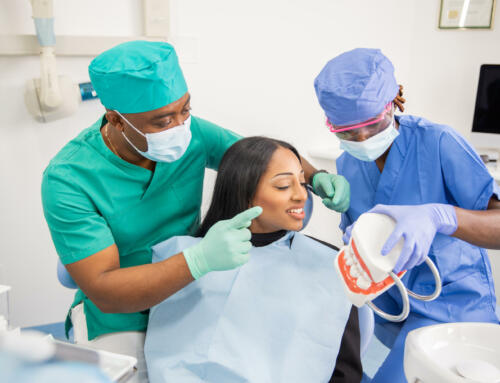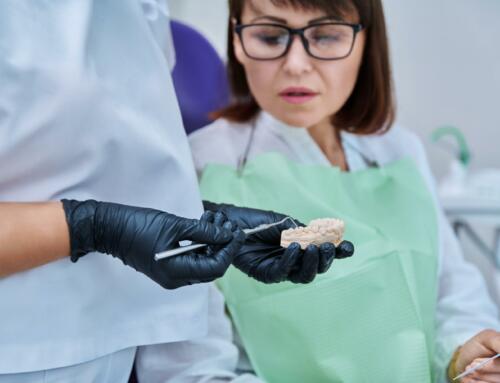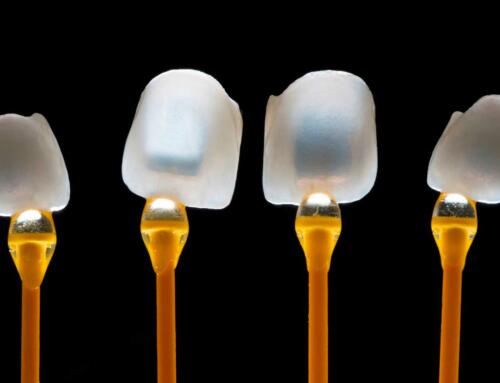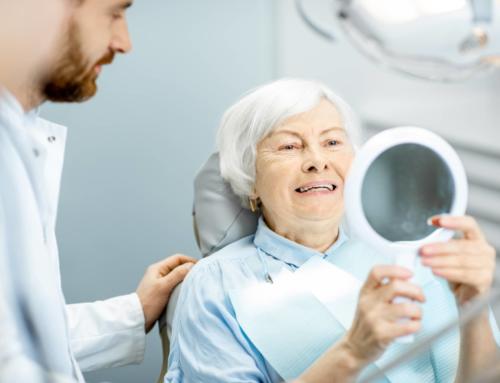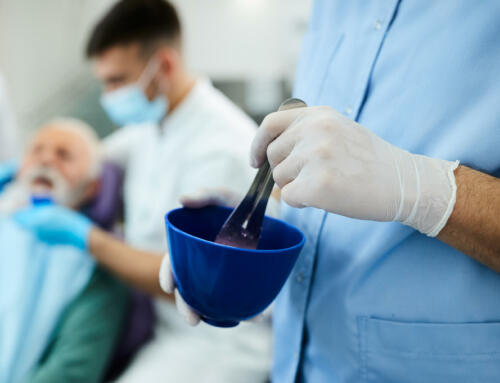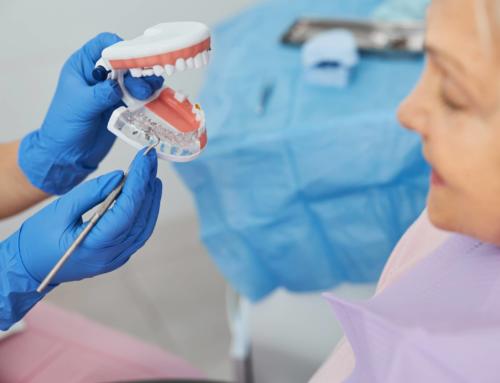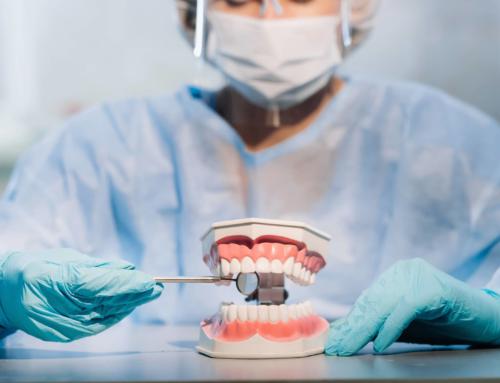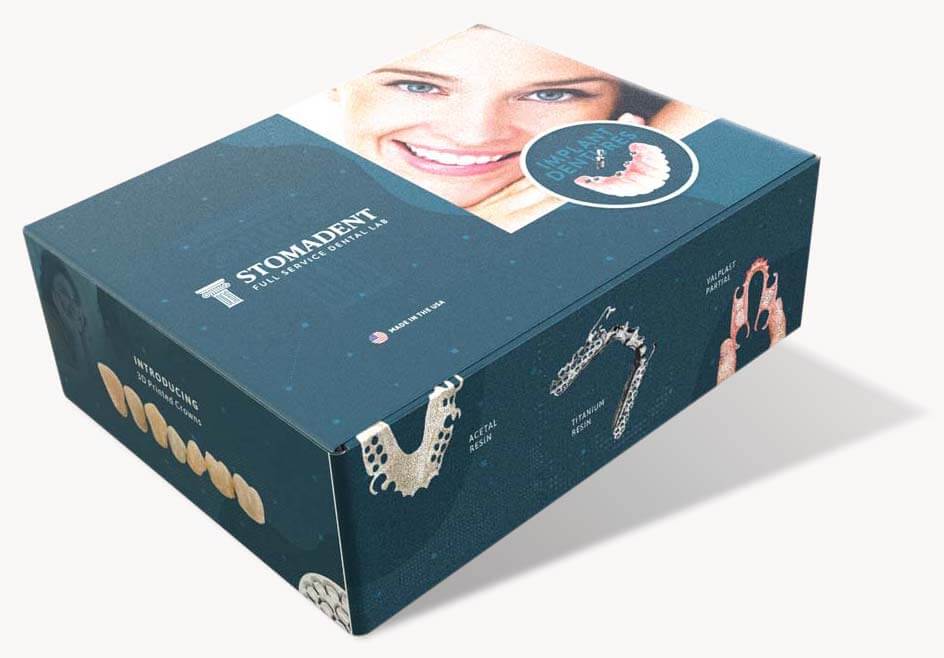Dentists have historically included dental lab fees for crowns in their total fee for services, making the dental profession relatively unique. Since this precedent was set early on, any attempt to change the way fees are charged may prove to be quite a shock to patients.
If you think about it, bundling the dental lab fees for the crowns with the service does make sense on a certain level. Dentistry is a service-oriented profession that provides the consumer an expert with the knowledge to restore teeth using custom-made appliances. A crown preparation doesn’t benefit anyone without the crown. Each restoration is made to fit a specific purpose and is merely a small part of providing the total service.
Keep reading to learn about dental lab fees for crowns and how to approach billing patients for these fees.
Should You Bill Patients Lab Fees Separately or with Dentist Fees?
In reality, the dentist can charge the patient for services provided in any way they see fit—bundled or broken down into separate fees. But dental insurance companies have created a problem for dental professionals, making it more complicated to charge the patient a la carte for services and laboratory fees.
When dental insurance first began in the mid-1950s, the custom of incorporating the lab bill into the service was followed by the developers of insurance billing codes. To this day, most dentists do not bill the patient separately for dental lab fees for crowns because the vast majority of dental insurance plans actually prohibit billing for dental laboratory fees separately from their respective procedures.
If the patient has dental insurance, the insurance company will not pay for lab fees over and above the fee for the procedure. Although indirectly in their communication to the insurance subscriber (your patient), many insurers will further imply that the dentist is charging too much or charging fees that the insurance company won’t cover, making the dentist look like the bad guy.
Insurance companies often get around dictating fee structures by explaining that if a patient chooses to receive a service or procedure above and beyond the standard care (referred to by insurance executives as “added-value” procedures), insurance will only cover the basic fee. The patient is free to choose and pay for a higher level of service. For a material or service to qualify as one with an “added value,” dentists must justify that the materials they are using or the services they are performing are above and beyond the standard scope of service as described in the CDT insurance code.
Even if you have an insurance-free practice and don’t accept insurance on assignment of benefits, these policies affect you. The patient is certainly free to submit a claim to their insurance company for reimbursement on their own, and you may come out appearing money-hungry in the eyes of the patient.
Deciding How to Bill Dental Lab Fees for Crowns
Most dentists figure out their average cost for providing a single crown, the chair time involved, the materials used, the dental lab fees for the crowns selected, and bundle those costs into a single charge to the patient. Many dentists adjust the fee each year to account for rising costs and inflation. Because costs don’t always change linearly, it is advisable to perform a new analysis of the costs to offer a crown every two or three years. Merely adding a percentage to the fee from the previous year may not adequately cover your costs or compensate you appropriately, especially if you have added new technology to the mix.
Setting Patient Expectations Alleviates Misunderstandings
There are times when it’s necessary to charge more for services that deviate from standard fees. Certain crown and bridge cases may require more labor-intensive procedures to be performed or specialty restorations that incur a higher laboratory fee. You deserve to be compensated for what the patient has requested that you do for them.
In this case, it is always advisable for the service provider to have a frank conversation with the patient before any treatment is rendered. Explain the procedure’s complexity, why it is necessary, why it costs more, and what they will be getting for the fee. Discuss that insurance will likely not cover any portion of the procedure, and they will be expected to pay for the services and fees in full. In most cases, taking the time to do this will eliminate any buyer’s remorse or hard feelings about the price that often comes after the conclusion of treatment.
Dental Crowns That Are as Individual as Your Patient
Stomadent Dental Laboratory continues to be at the forefront of emerging technology. It is a premier provider of CAD/CAM single-tooth crowns made from a variety of durable ADA-approved materials, including full metal, porcelain-fused-to-metal, eMax, and Zirconia. Each crown is crafted to fit perfectly at delivery, saving you valuable chair time. To learn more about our full line of crowns, contact Stomadent Dental Laboratory today.

![Dental AI [The Latest Innovations in Clinical AI]](https://stomadentlab.com/wp-content/uploads/2024/04/patient-and-dentist-looking-at-results-in-a-screen-2023-11-27-05-23-38-utc-scaled-500x383.jpg)
